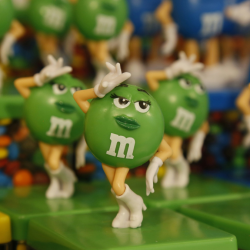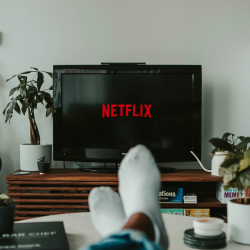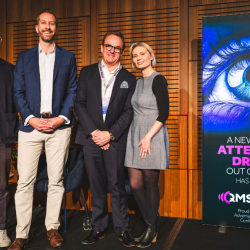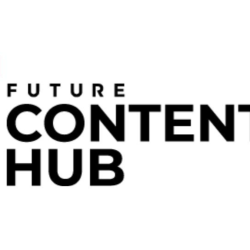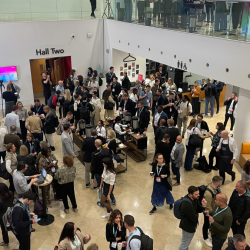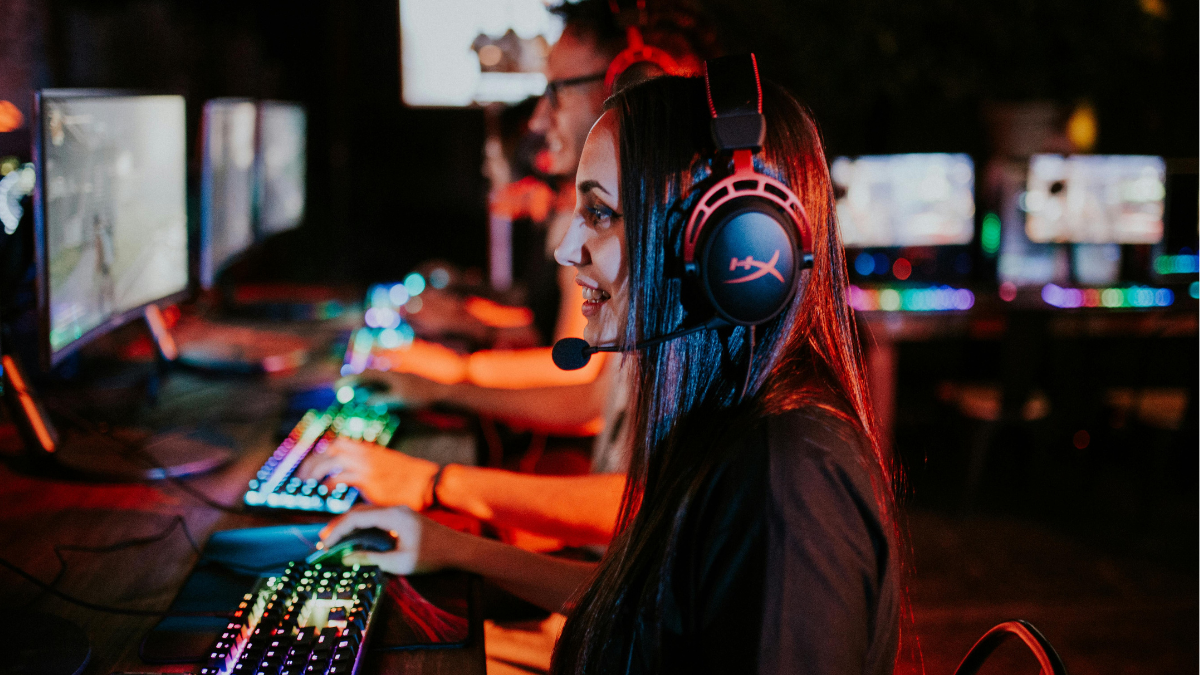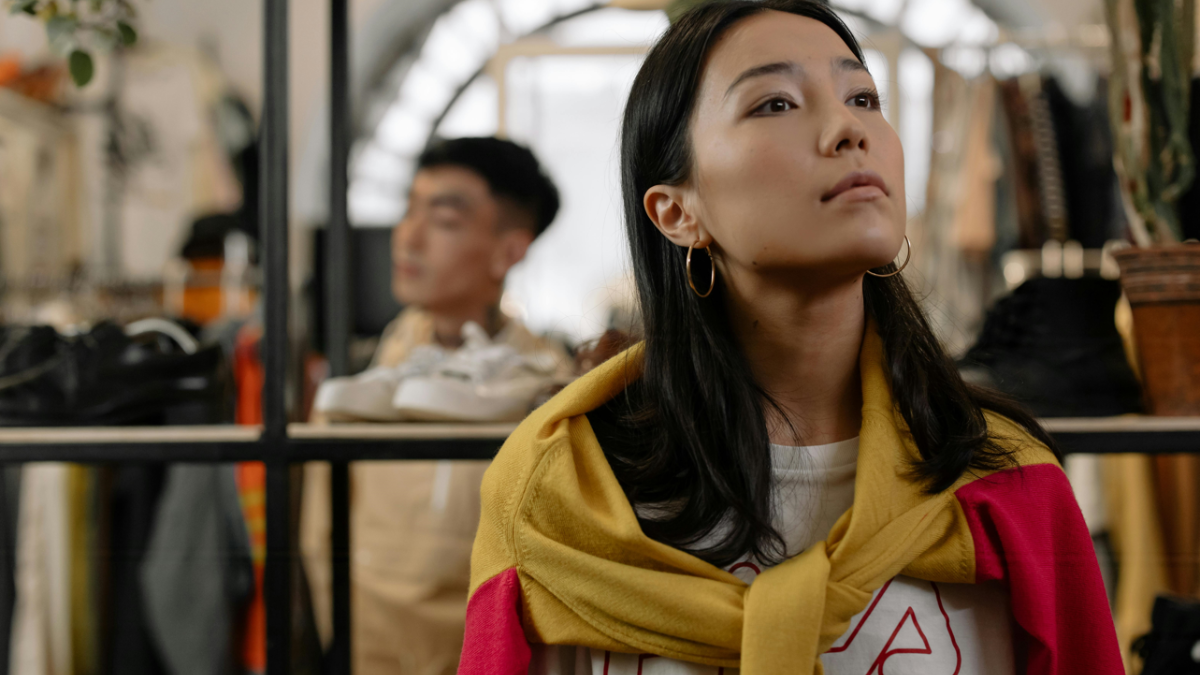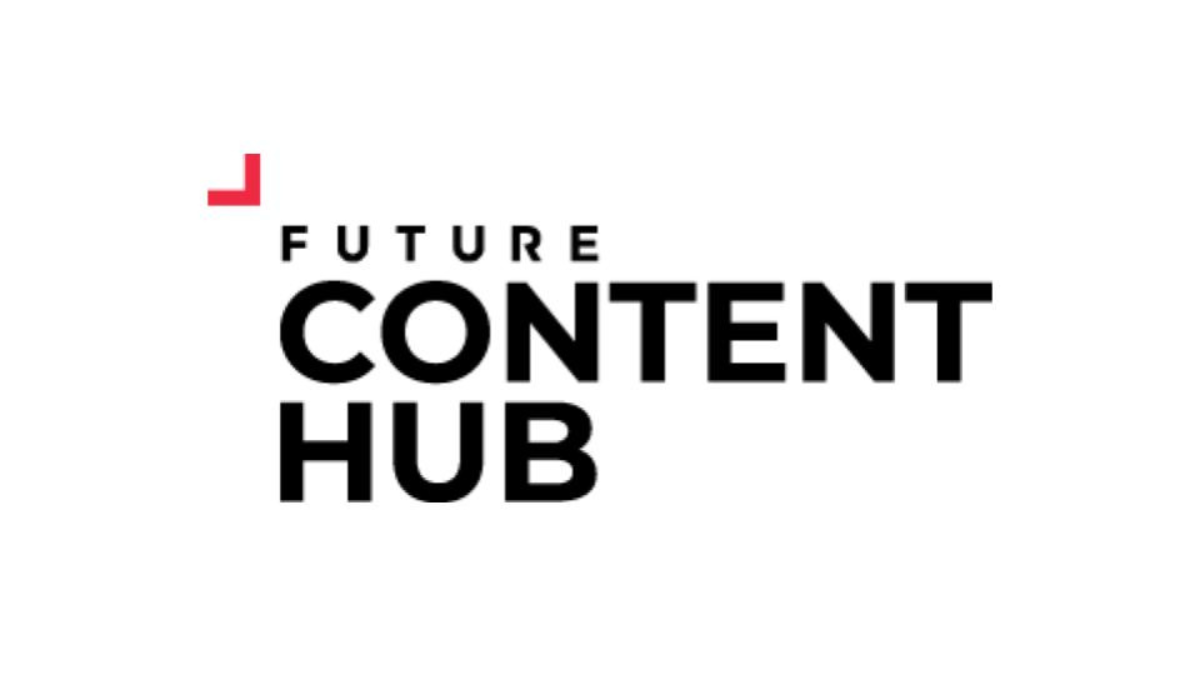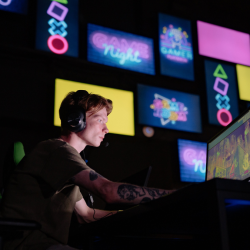In the landscape of modern marketing the emergence of gaming communities has redefined the way brands engage with audiences, offering opportunities for meaningful connections and value creation. This has led to dedicated teams within agencies being formed to explore innovative strategies that align with marketing KPIs and will drive tangible results amongst these growing and diverse communities.
While the covetable Gen Z cohort continues to dominate headlines and marketers’ focus, it is becoming increasingly important for brands to tap into this market via the mediums they are engaged with. Gaming is no longer a trend: 84% of 16-34-year-olds are gaming weekly, and 75% of gamers are actively seeking out gaming-related content and updates. Engaging with hard to reach Gen Z (and even Gen Alpha audiences now) will help you attract loyal consumers, future-proofing your business.
The gaming universe: expansive and diverse
Far from the older image of teen gamers alone in their bedrooms, gaming communities have evolved into diverse ecosystems that transcend traditional demographics, and offer brands a gateway to engage with a broad spectrum of consumers. One clear example here is the vast growth of sim racing. According to MarketsandMarkets, the ‘Racing Simulator Market’ is projected to grow from USD 0.5 billion in 2024 to USD 1.1 billion by 2030. Their report suggests the growth of the racing simulator market is mainly driven by the rising number of esports tournaments and leagues, the inclination towards professional motor racing events, constant advancement in simulation technology, rising affordability, and easy accessibility. These factors have opened up the world of motorsports to a demographic far beyond the traditional route into Formula 1.
We’re slowly seeing traditional sports becoming more open to under-represented groups. Just last month, beauty brand Charlotte Tilbury, which has been engaged with gaming communities recently, announced itself as the first female-owned beauty brand to sponsor the FA Academy. Expect to see more of this hybrid marketing crossover in months to come, and filter into esports too. The democratisation of racing via sim racing is just one instance of the unique opportunity for brands to tap into an engaged and passionate audience, extending far beyond the confines of traditional sports marketing.
As an industry, esports has been traditionally associated with a male audience but there has been an evolution in the acknowledgement of women in the industry and hugely positive growth in the awareness of women in gaming. Last year, in partnership with Sky Broadband, we launched our #NoRoomForAbuse campaign, shining a light on the levels of abuse women gamers are subjected to when playing online.
This multi-award-nominated campaign has been hailed for helping to support women gamers and striving to shift perceptions to elicit a more inclusive and safer space for all to play.
Seeing substantial growth in the past ten years, gaming is almost bigger than football
A 24/7 sport and the only of its kind — it’s always on, which opens up a multitude of opportunities for brands. Versus traditional sports, gaming marketing activations can reach a highly engaged audience in a uniquely personal way. A worryingly high 72% of gamers distrust traditional advertising and crave authenticity in content. A reminder to brands to create a two-way dialogue between themselves and their target market. By fostering genuine connections and creating content that adds value, brands can forge meaningful relationships with gaming communities.
Emerging as the new social media platform for Gen Z with younger demographics spending double the amount of time gaming they do on social media, this shift in consumer behaviour highlights the importance of integrating gaming elements into brand campaigns — no matter the sector.
Anthony Nolan, the blood cancer charity, worked with our Guild Studios arm to tap into an engaged audience of male gamers, to execute an awareness campaign to publicise their need for donor men aged 16-24. Insight from Anthony Nolan showed that men don’t typically want to volunteer themselves for stem cell research, and so we need to create an activation that would bring people out of their comfort zones. In order to reach young males we executed a small gaming content campaign that wrapped up with an event at our Sky Guild Gaming Centre HQ. Press coverage for the announcement included key esports publishers Esports News UK and European Gaming. Guild over-delivered on the volume of social posts and the project saw extremely strong performance across TikTok, with a total of 3.6M + impressions from only five posts.
This is just one case study of how brands can utilise the power of esports and gaming to connect with a desired audience.
Don’t delay, get ahead of the game
Although it may sound obvious, when speaking to the gaming generation, brands must embrace the ethos of authenticity, innovation, and inclusivity. There is no one-size-fits-all in gaming: each game type will bring with it a different type of audience. One thing is for sure though, the expansive growth of gaming and esports means it is not going anywhere soon and those who embrace it early are sure to reap the rewards.
Featured image: Andres Garcia / Pexels
